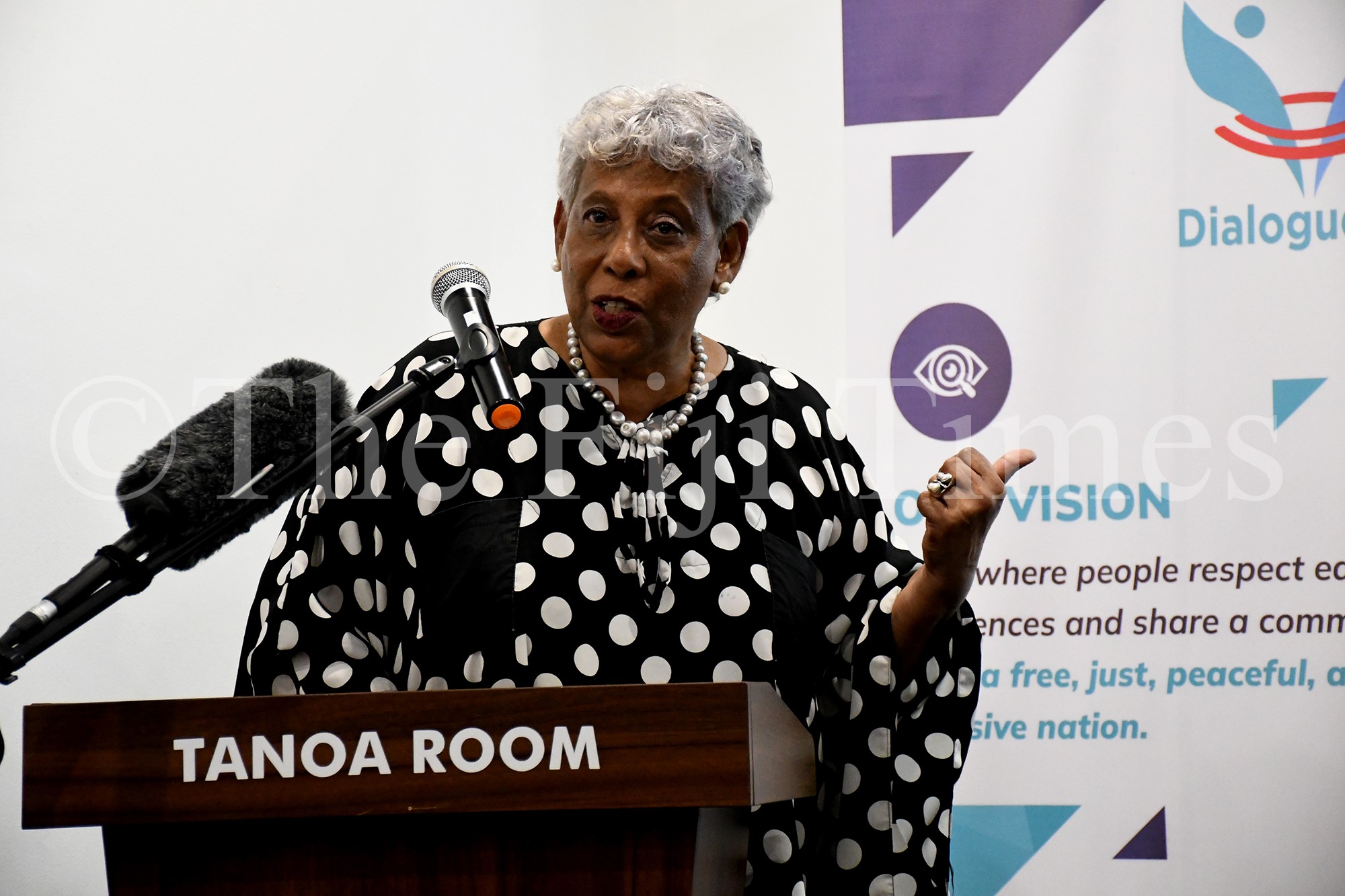UNIVERSITY of Fiji vice chancellor Professor Shaista Shameem has raised her concerns about the practicality and fairness of proposed reserved seats for women.
In a panel discussion at the Multi-Stakeholder Dialogue on Electoral Reform at the Holiday Inn in Suva yesterday, Prof Shameem drew from her experience in academia to question the feasibility of reserving parliamentary seats based on gender identity in the 21st century.
“In the past, when we had the 1997 Constitution, we had a separate house, the Upper House, the Senate, and separate seats reserved for different ethnic groups and council of chiefs and other interest groups,” Prof Shameem said.
“In order to be able to fill those reserved seats, you would have to identify yourself as that person or coming from that background.
“However, if you’re going to have reserved seats from women, are you sure that you know what the definition of a woman is?
“In today’s world, there is no longer a clear definition of what it means to be a woman.”
Prof Shameem said gender has become a self-defined concept, “and if you are going to have reserved seats on the basis of gender expression or sex identification, then you had better be clear on how that is defined and proven”.
She further emphasised the complexity of verifying gender in an inclusive society.
“For example, I’m sitting here and I tell you that I’m actually a man, how would you know the difference?
“Just looking at me isn’t enough any more. If I sit here and tell you I’m a man, how would you know the difference?”
“We’re not saying that reserved seats are necessary, and we are against reserved seats anyway but we don’t think this should be a special treatment for anyone.
“But if you are going to do that, then you better open the door to reserve seats for everyone, whatever category that you’d like to call yourself.”



